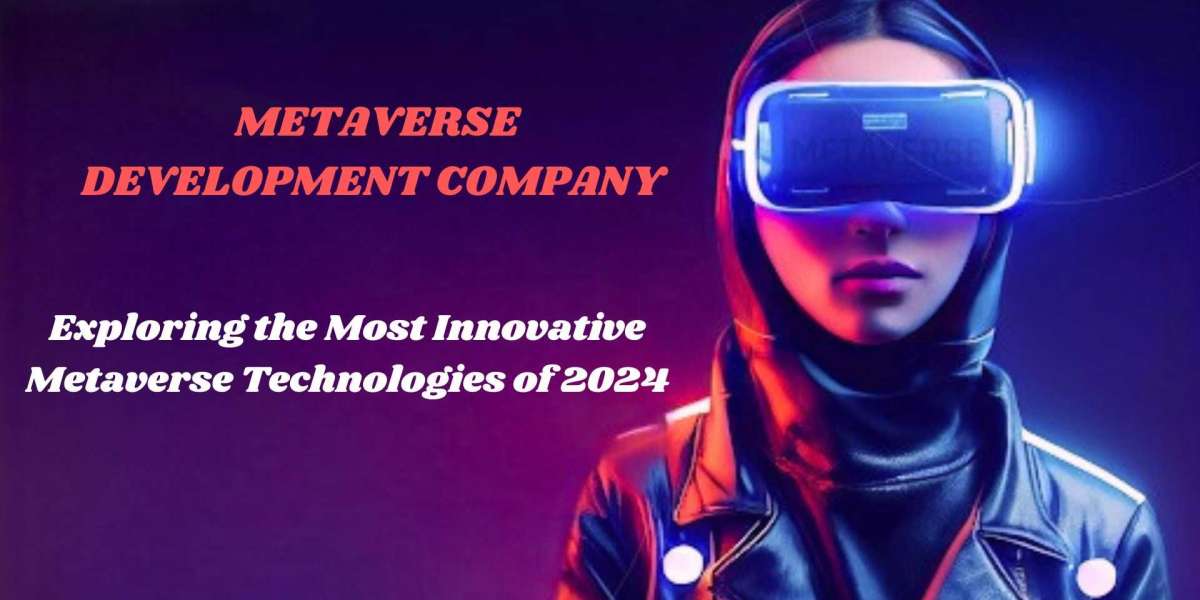To inspire visions of shared virtual worlds that improve how we live, work, and play, the Metaverse represents an evolving notion that creatively combines emerging technology. Even though the development process is still in its early phases, tremendous advancements are being made in a number of areas that indicate amazing promise for the next ten years and beyond. The following examines future trajectory projections for the Metaverse technologies.
Metaverse Marvels: The Top 4 Transformative Technologies
The Metaverse aims to create a completely immersive internet that replaces the mobile internet of today. Certain enabling technologies are expected to witness breakthrough growth over the coming year as the concept develops, further advancing this cutting-edge digital frontier. Here, based on predictions from leading tech experts and organizations, examine four trends that are expected to propel major advancements in the Metaverse through 2023 and beyond.
Mixed Reality Headsets
Imagine a world where your reality seamlessly blends with digital experiences. This upcoming year, expect major releases of mixed updated version reality headsets. Meanwhile, Apple reportedly enters the space with its first headset introducing shared collaborative experiences. These advancements are making mixed reality more accessible, captivating both consumers and businesses and preparing us further into the realm of the Metaverse.
5G 6G Networks
Next-generation Ultra-Wideband wireless networks with multi-gigabit speeds are essential for low-latency access to compute-intensive Metaverse applications that need to synchronize enormous amounts of HD multimedia data in real time over large areas. To actualize the fully shared Metaverse experience at impressive scales, firms are still deploying 5G, which a Gartner analysis projects would account for 25% of all internet traffic worldwide by 2024. 6G is also on the horizon, which will further expand bandwidth possibilities.
Artificial Intelligence
Artificial intelligence plays a role in enhancing Metaverse interactions with human-like intelligence. Startups are leveraging deep learning for virtual companion assistants, personalized product recommendations, on-device translation services, and even simulated economies. Redefining creativity, created digital content is predicted by PwC to account for 10% of the $2 trillion global content market by 2024.
Digital Twins Simulation
The ability to digitally simulate physical spaces allows for innovative experimentation. Industries like real estate, urban planning, emergency response, energy, and manufacturing are using digital twins to optimize efficiency and train for various scenarios. Companies like Anthropic are developing versatile simulation tools, empowering entrepreneurs to prototype Metaverse services with low risk.
Conclusion
A convergence of next-gen technologies is propelling the Metaverse from imagination to reality. Responsible innovation across hardware, networks, AI, simulation, economics, and the cloud is unlocking the Metaverse's full potential for work, play, and human progress. Although still in its early stages, the Metaverse holds the promise to reshape global interaction. Collaborative efforts between creators, policymakers, and society are crucial for actualizing Metaverse networks that serve humanity's highest good.
Metaverse Development Company plays a pivotal role in navigating this transformative landscape, contributing to the careful consideration that paves the way for exciting new frontiers in exploration and innovation.








